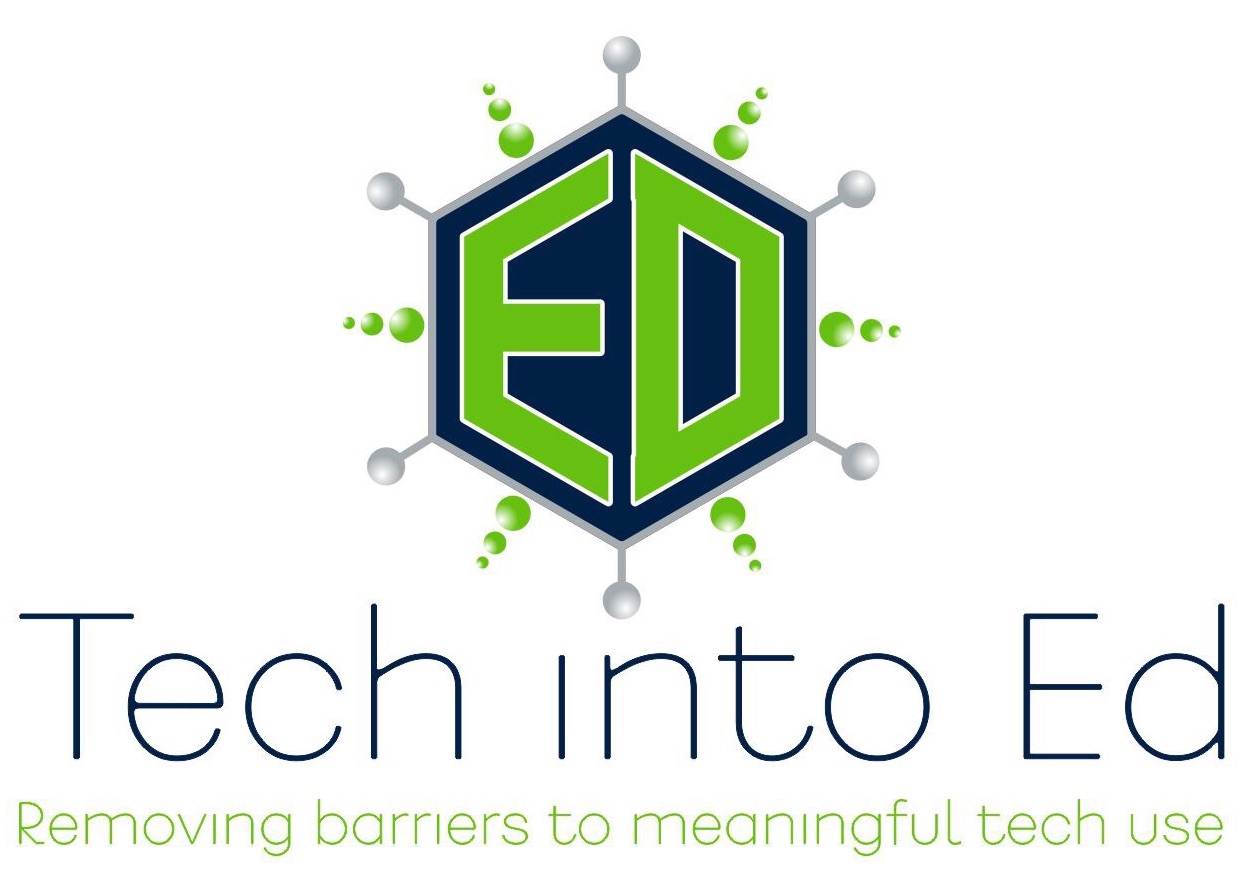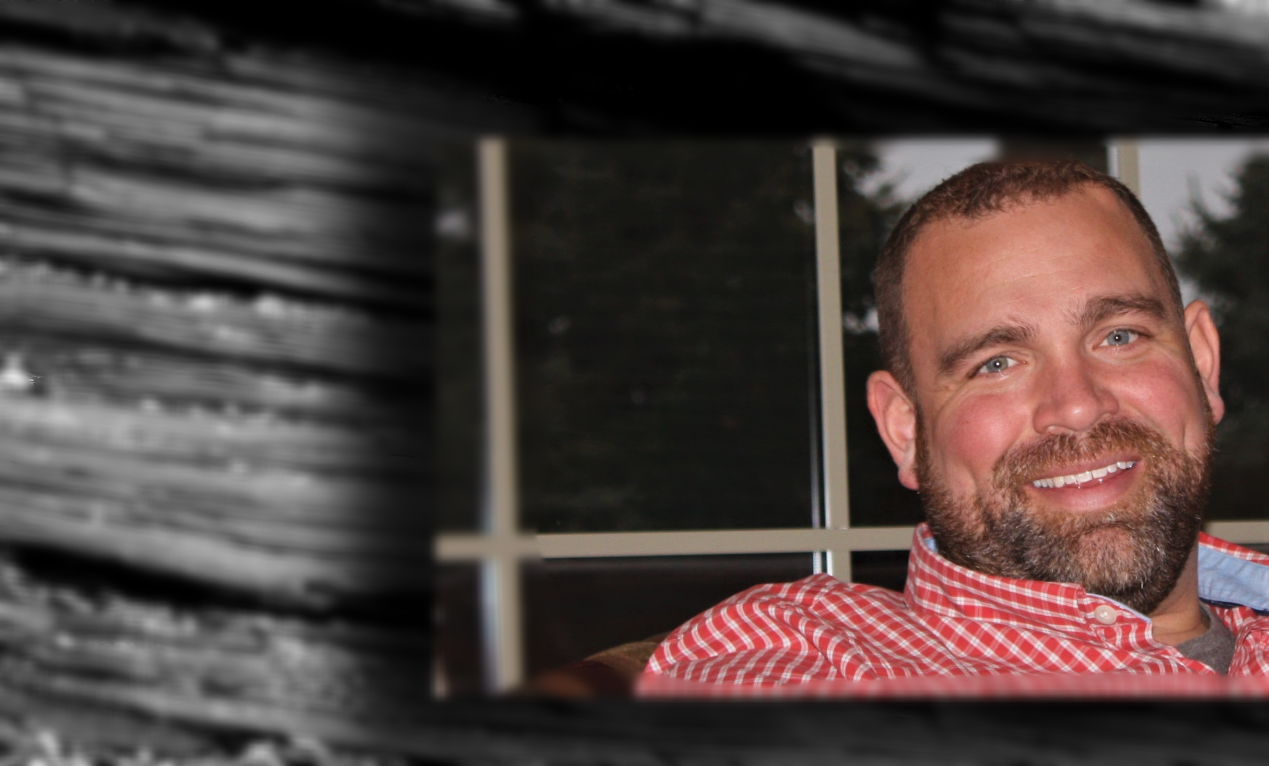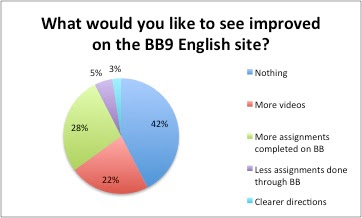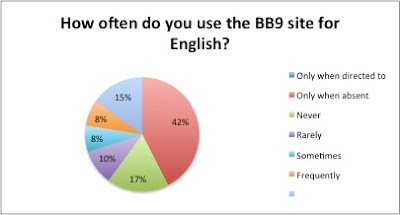In the lightspeed paced world of educational technology, I appreciate the need for finding fresh ideas, presenting unique content, and reviewing new tools. I work to maintain two blogs, keep a Twitter and Google+ feed that is somewhat relevant, and stay on top of my game as I talk with teachers each day. It's a challenge anybody who is actively publishing for and working with an audience deals with daily.
What I worry about is the bubble of separation that clearly exists between those of us who love, live, and breathe technology's role in education, and those practitioners we work with daily who don't share our passion and commitment to keeping pace with new ed tech tools. If our goal as Tech Coaches is the pursuit of improving the educational experience of our students, not just finding the latest and greatest web tools and funky apps, then we need to confront the gap between where we live in our passion for educational technology, and where the rest of the world lives, and then determine the best way to meet our staff where they are and to provide them with the information and tools that they need to be successful.
One of the first places to start, then, is the promotion of new tools and services. We've all read the blogs, heard the podcasts, and seen the tweets that offer a cursory look at some "amazing" new tool that the promoter has yet to really test, use, or meaningfully evaluate. I wish this was just a once in a while occurrence. Sadly, it isn't. In the excitement of newness and possibility, there is no shortage of people recommending services and apps that they have yet to put through the paces. It is apparent in their commentary, their shallow number of practical examples, and their failure to present th cons of that tool. I have yet to find a tool that does everything that it is asked to do -- it's just the reality that these tools cannot be everything to everybody. Yet, in these reviews, the "downside" of the tool is rarely reported.
While this race to promote new tools isn't that big of a deal on the surface, it points to some larger issues.
The first is that the promotion of these tools without meaningful testing and evaluation is just poor practice. Many tech coaches have advocated for meaningful planning and testing before using any tool with students in the classroom. Perhaps we have to swallow a bit of our own medicine and withhold recommendation of any tool until we have put it through the paces ourselves.
The second point is that we have more important work to focus on than just announcing the newest tools. The meaningful work of coaching is in finding innovative and powerful uses of these tools in the classroom with real students. This is not to say that these stories aren't making their way to publicaion -- they are. It is simply to say that examples of practical uses of tools are the blog posts and tweets that will most meaningfully inform practice. I think of one of my favorite software applications -- Microsoft's Photo Story. With one incredibly easy to use application, I saw more powerful, significant demonstrations of learning come from a wider mix of secondary and elementary classrooms than almost any other software application I can think of. That was Photo Story's #Eduwin, long before Twitter came to existence. That's an example of the important work Tech Coaches must focus on -- finding the innovative, inspiring, unique uses of the core tools we have available to us.
The third point is that one of our primary roles is to help focus those colleagues who are less interested in the latest and greatest tools -- to provide them with a tool set that is agile, adaptable, dependable, and easy to utilize. Most Technology Coaches already have a base toolset that we recommend and default to whenever we work with staff. It is apparent that one of our core responsibilitiesis to keep an eye on the horizon, always searching for new and better tools. What we need to guard against, though, is prematurely recommending tools to others that haven't found their way into our toolset on some level. We need to provide the BEST tools to our students and staff, not just the newest. In doing so, we may beset serve our colleagues by being the barrier between what's new and what works. That's a careful line of distinction that we can both define and influence. However, there is a professional responsibility in helping to define that line. That's where we have to be just a bit more careful in too quickly recommending or promoting the latest and greatest.
Remember that our target audience is our staff, most of which could care less whether Google or Apple introduced some new feature or app in the last hour. Many of them are already swimming in the bombardment of new tools, terms, passwords, and techniques. Many are overwhelmed by the changing face of professional evaluation, accountability, teaching techniques, the introduction of the Common Core standards, and all of the other changes taking place in education today. While educators are certainly professional enough to handle the pace of change in educational technology, with both our passion and knowledge of what to look for in these tools, it is our professional responsibility as Tech Coaches to assist our colleagues in sorting through the latest and greatest tools to find and promote only those tools that will make the educational experiences of our students the best that they can be. That's why we need to slow our roll and stop recommending things just because it made the company's new blog post, and instead put those new tools through some appropriate testing b
efore publishing them to our larger audience.
This seems to be the real work -- the meaningful work -- of being a Tech Coach.






